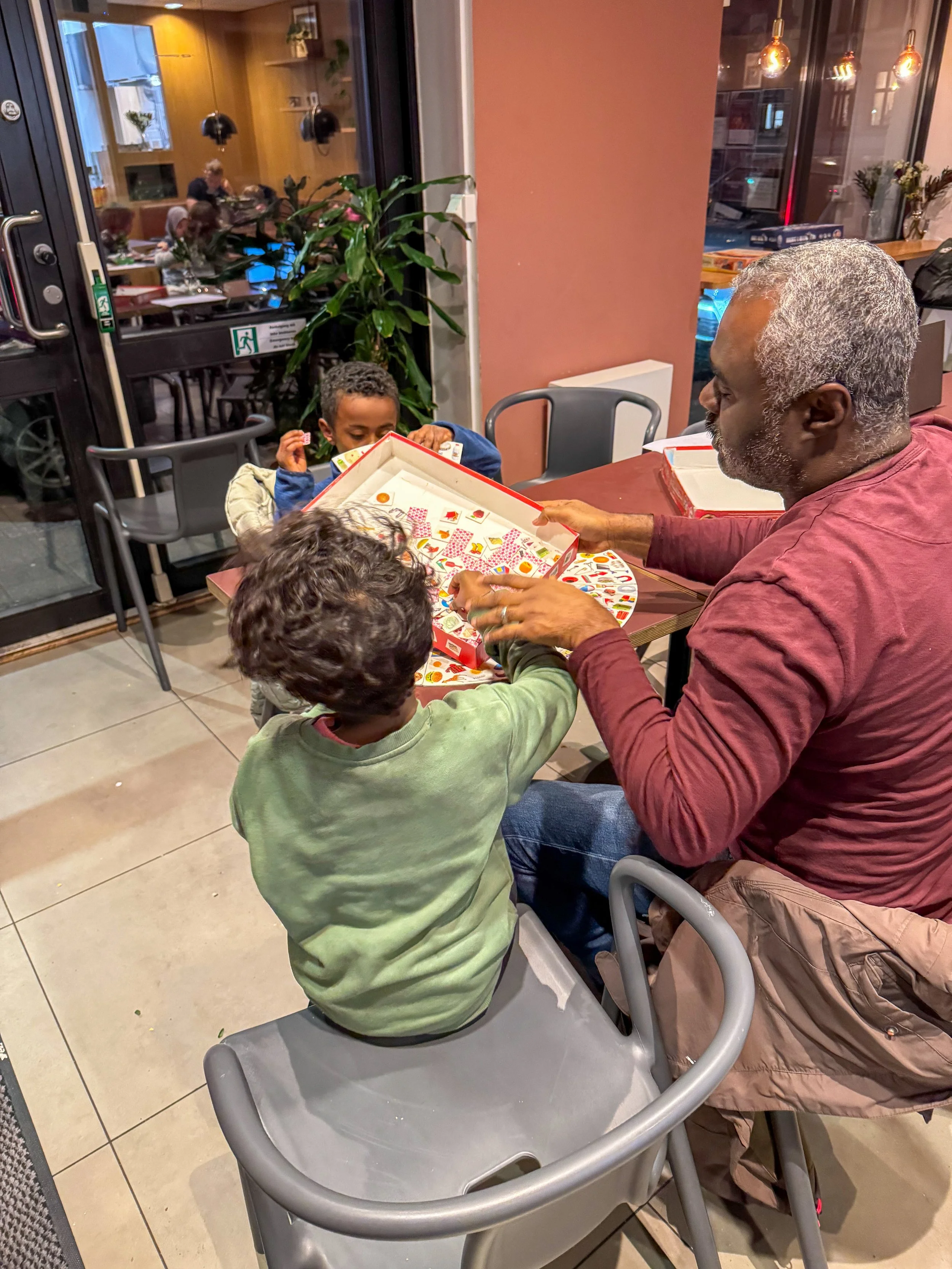A safe haven of arts and care
Family problems are not exclusive to poor families. But poverty always makes difficult situations worse for children, for example when parents separate. The most common situation is for children to remain in the mother's care. However, sometimes other relatives take on the role of caring for, raising and financially supporting the little ones.
Ashylley Monique Santos, 9, and her brother Fernando Henrique Santos, 10, are two of the many children on the poor outskirts of large Brazilian cities who don't live with their parents. The pair live with their paternal grandmother, Marlene Reis, 47, who has been looking after her grandchildren on her own for around six years.
They all used to live together, but when the children's parents split up, the mother moved out and left the children with the father, Marlene's son. Cauê, the father, soon found another partner and moved out. The children stayed with their grandmother in a simple but well-kept house in a neighborhood on the outskirts of Diadema, a city in the metropolitan region of São Paulo.
Over 40, alone, how could she manage to keep a house and raise two energetic young children, keeping them in school and away from the streets where violence and drugs threaten so many futures?
For a while, television and internet via cell phone were the solutions for keeping the children at home when they weren't at school.
But things changed for the better when Ashylley and Fernando started attending cultural workshops at the Rede Cultural Beija-Flor (RCBF).





“Before Beija-Flor, they only thought about cell phones and television,” says Marlene. Now, the siblings spend their after-school hours with their friends, under the care of the staff and learning many different things.
“On Mondays I do capoeira and ballet. On Tuesdays, bond strengthening service. On Wednesday, bond strengthening service and capoeira. On Thursday, cooking and on Friday, ballet,” says Ashylley, listing on her fingers the days of the week and the activities she does at two of the three RCBF units.
Fernando does ballet and percussion, and says his favorite activity is capoeira. “Now I know how to flip forward. I'm learning to do aerial cartwheel without hands. Lots of things. It's been a great experience”.
“Sometimes they get upset when I can't send them to Beija-Flor. The institution teaches many wonderful things and helps to get children off the streets,” Marlene concludes, giving her testimony about the importance of the work done by the Rede Cultural Beija-Flor.
Who: Children at Risk Foundation
What: The VOA Project: Cultural activities and vocational training for children growing up in the Brazilian favela.
Related stories
STORIES FROM OUR PRIORITY AREAS
All · Children & youth · Music & culture · Health & research · Climate action · Social impact investment









